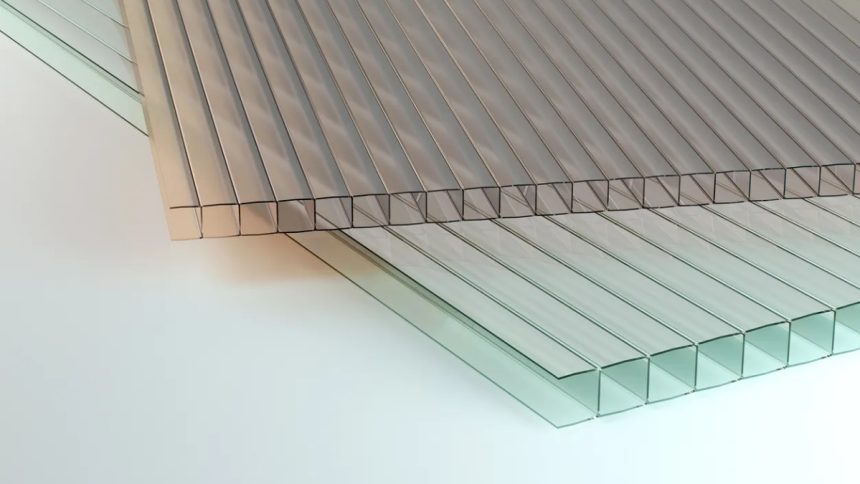When selecting materials for industrial applications, it’s crucial to choose options that offer durability, versatility, and cost-effectiveness.
Polycarbonate fabrication has emerged as a leading choice across various industries and suppliers such as Simply Plastics due to its unique properties and extensive benefits.
From construction and automotive sectors to electronics and healthcare, polycarbonate is renowned for its exceptional strength, impact resistance, and adaptability.
This article delves into the advantages of polycarbonate fabrication, exploring how this material can significantly enhance industrial projects.
Superior Strength and Durability
One of the standout features of polycarbonate is its impact resistance. Compared to other materials like glass and acrylic, polycarbonate is far more resilient to impacts, reducing the risk of breakage.
This strength ensures longevity and reliability, especially in harsh industrial environments where materials are subjected to heavy use and potential damage.
For instance, polycarbonate is often used in safety shields and protective guards in manufacturing settings, demonstrating its durable nature.
Versatility and Customisation
Polycarbonate’s versatility allows it to be tailored to various industrial needs through advanced fabrication techniques such as thermoforming, extrusion, and CNC machining.
This adaptability means you can achieve precise shapes, sizes, and finishes to meet specific project requirements, whether it’s creating intricate components for electronic devices, robust barriers for safety applications, or custom skylights for architectural designs.
The ability to drill, cut, bend, and mold polycarbonate without compromising its structural integrity ensures that it can be customised for a wide range of uses, providing solutions that are both practical and innovative.
Cost-Effectiveness
When considering material costs, polycarbonate often proves to be a cost-effective option. Although the initial investment might be higher than some alternatives, the long-term financial benefits are significant.
Polycarbonate’s durability means fewer replacements and repairs, leading to lower maintenance costs over time.
Lightweight and Ease of Installation
Polycarbonate’s lightweight nature offers distinct advantages in transportation and installation. Being lighter than glass and other traditional materials, polycarbonate reduces shipping costs and simplifies handling on-site.
Additionally, the ease of installation translates to quicker project completion times, making it an efficient choice for industrial applications. This efficiency is particularly beneficial in construction projects where time and labour costs are critical factors.
UV and Weather Resistance
Exposure to UV radiation and harsh weather conditions can degrade many materials, but polycarbonate excels in these environments. It provides excellent protection against UV rays, preventing yellowing and maintaining clarity over time.
This UV resistance, combined with its ability to withstand extreme weather, makes polycarbonate ideal for outdoor applications.
Safety and Environmental Benefits
In industrial settings, safety is paramount, and polycarbonate’s non-toxic nature contributes to a safer working environment. Unlike some plastics that may release harmful chemicals, polycarbonate is safe for use in various applications.
Additionally, polycarbonate is recyclable, aligning with eco-friendly practices and sustainability goals.
Applications in Various Industries
Polycarbonate’s benefits extend across multiple industries. In construction and architecture, it’s used for skylights, roofing panels, and safety glazing.
The automotive and transportation sectors utilise polycarbonate for lightweight and impact-resistant components. In electronics, polycarbonate’s insulating properties make it suitable for housings and covers.
Even the medical and healthcare industries rely on polycarbonate for durable and transparent equipment, showcasing its wide-ranging applications.
Lynn Martelli is an editor at Readability. She received her MFA in Creative Writing from Antioch University and has worked as an editor for over 10 years. Lynn has edited a wide variety of books, including fiction, non-fiction, memoirs, and more. In her free time, Lynn enjoys reading, writing, and spending time with her family and friends.















